Keywords: Religious Freedom
-
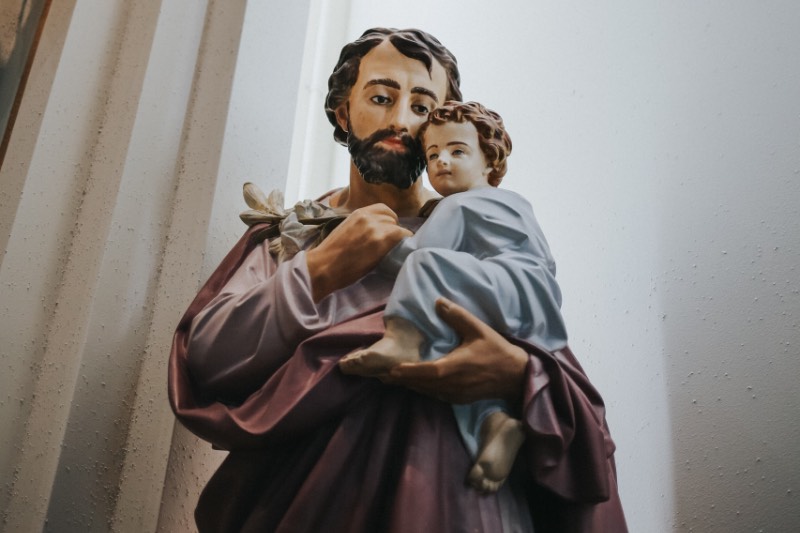
FAITH DOING JUSTICE
- Mike Kelly
- 04 January 2022
2 Comments
There are many gems and reflections on ‘fathering’ in Pope Francis’s apostolic letter, Patris Corde ‘With a Father’s Heart’, in which he nominates 2021 as the year to honour the fatherhood of St Joseph. Francis’s letter is inclusive, encompassing the scope of fatherhood and the responsibilities fathering entails. ‘Fathers are not born, but made’, Francis says.
READ MORE
-

RELIGION
- Andrew Hamilton
- 04 January 2022
12 Comments
The exchanges within churches echo trends in national life that heighten disagreements, lessen respect, and tend to confine conversation circles to people of similar views. People become annoyed if those opposing their views gatecrash their forums. This trend creates problems for Church sponsored publications.
READ MORE
-
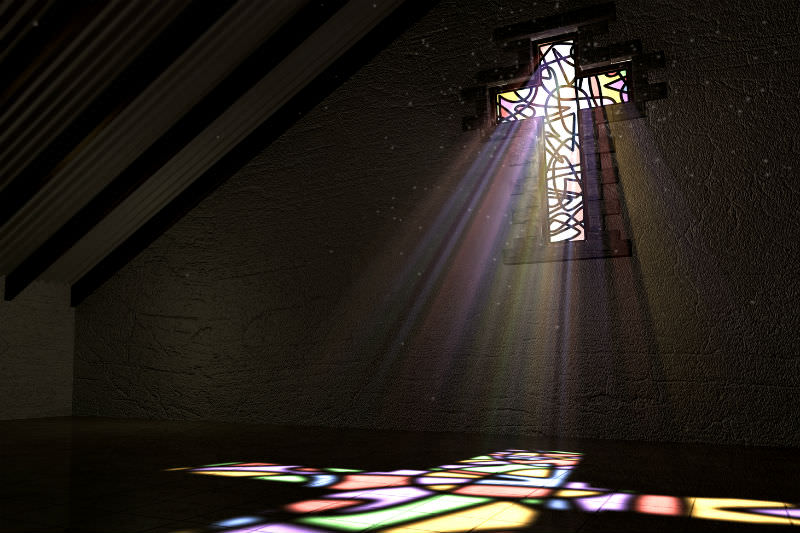
RELIGION
- John Warhurst
- 02 December 2021
72 Comments
Church and state are confronting one another right now over the federal freedom of religion bill and the Victorian anti-discrimination bill. Whenever such confrontation occurs it reveals our priorities. We define our identity by what we choose to fight for hardest.
READ MORE 
-
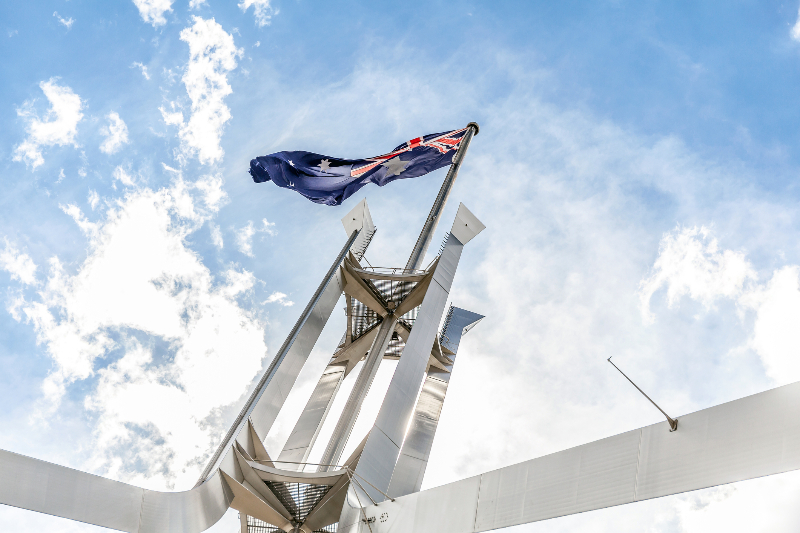
AUSTRALIA
- Frank Brennan
- 29 November 2021
17 Comments
On Thursday, three Bills were introduced to the House of Representatives: the Religious Discrimination Bill 2021, the Religious Discrimination (Consequential Amendments) Bill 2021, and the Human Rights Legislation Amendment Bill 2021. Collectively, these bills constitute the Morrison Government’s response to the Ruddock Religious Freedom Review provided to government in May 2018.
READ MORE 
-
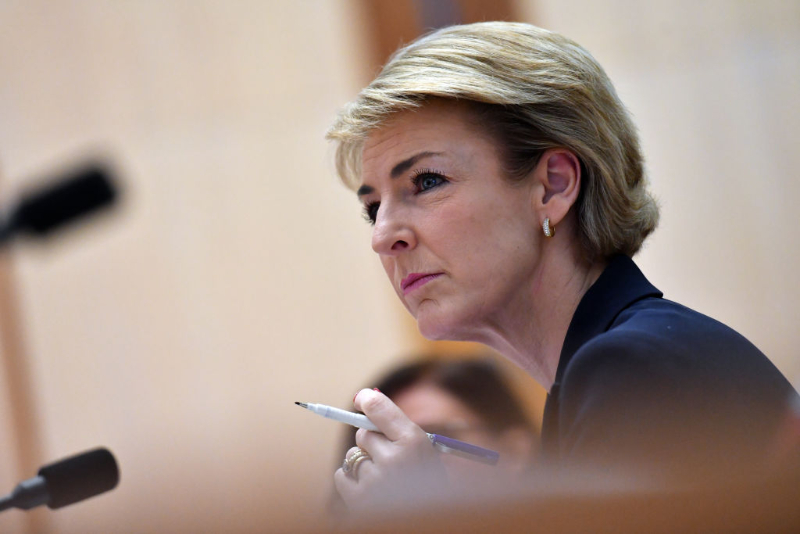
AUSTRALIA
- Frank Brennan
- 17 November 2021
63 Comments
It’s four years since the Australian Parliament amended the Marriage Act 1961 to provide that marriage means ‘the union of two people to the exclusion of all others’. The legislation followed the plebiscite on same sex marriage. To address the concerns of some religious groups, Prime Minister Malcolm Turnbull set up an expert panel chaired by long time Liberal Party minister Philip Ruddock to report on whether Australian law adequately protected the human right to freedom of religion.
READ MORE 
-

RELIGION
- Geraldine Doogue
- 15 November 2021
61 Comments
How do I assess our Plenary Council thus far? Or make sense of its related word-of-the-moment, synodality? With apologies to Churchill, dare I hope it is the ‘end of the beginning’? But of what precisely? A priest-friend distilled the challenge rather well last week to me: what would success look like?
READ MORE 
-

AUSTRALIA
- Julian Butler
- 01 November 2021
21 Comments
The elevation of Dominic Perrottet to the Premiership of New South Wales caused a flurry of commentary about his religious faith. In many parts of the media his politics and personality were framed by his Catholicism. I watched on with a degree of discomfort, and with a sense of possibility. Could some of the bigoted characterisations invite a richer conversation about the ideals and deeper narratives that enliven our public leaders?
READ MORE 
-
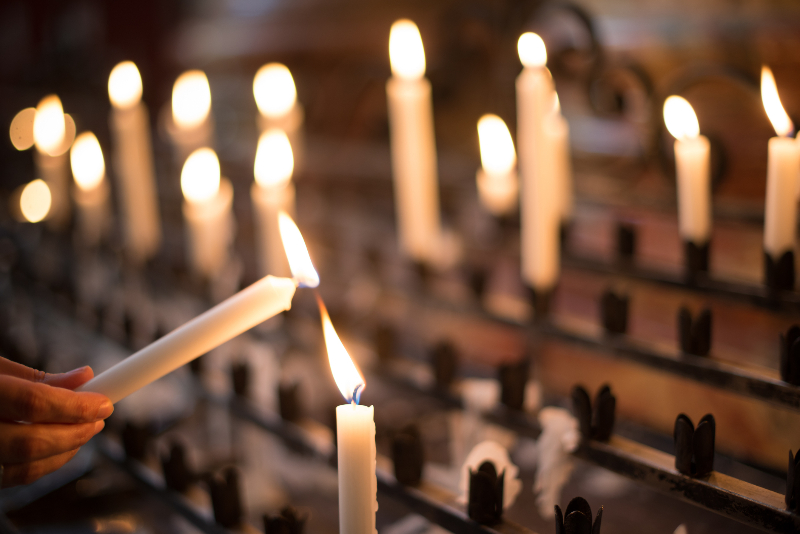
RELIGION
- Andrew Hamilton
- 21 October 2021
44 Comments
One of the challenges facing churches today has to do with tradition. Tradition is a sometimes charged word, but it refers to an everyday social need. It has to do with how a community passes on its way of life and its understanding of authoritative writings that shape it. The word itself can refer both to what is passed on and to the process of passing it on. The challenge of passing on a tradition is perennial. Both ways of living and writings reflect the culture of their own time and so need to be translated into the changing languages of later cultures.
READ MORE 
-
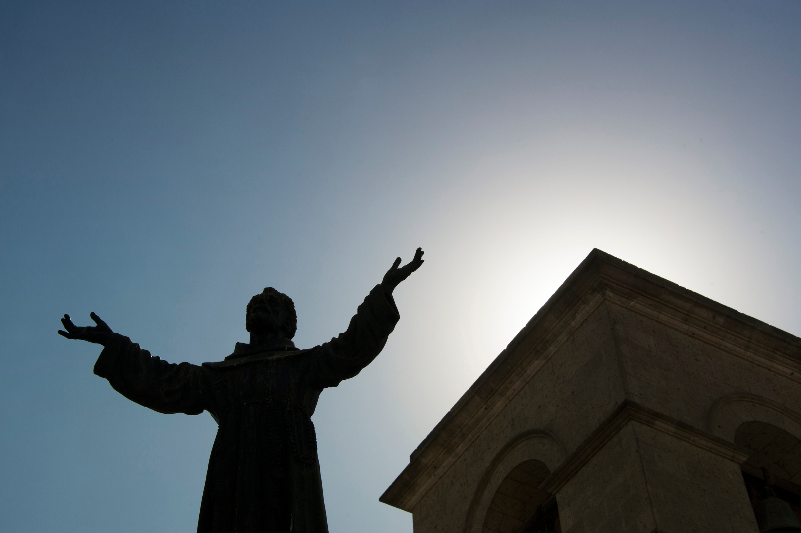
FAITH DOING JUSTICE
- Andrew Hamilton
- 29 September 2021
7 Comments
In the Catholic calendar the Feast of St Francis of Assisi falls on next Tuesday. Although he gave up on wealth, power and influence Francis probably had a bigger effect on his world than any of his contemporaries. He continues to attract people to challenge the values of our society and to spark renewal in Christian institutions at the risk of going stale.
READ MORE 
-

AUSTRALIA
- Frank Brennan
- 15 September 2021
22 Comments
The Queensland parliament, like the Victorian parliament four years ago, is committed to legislating for voluntary assisted dying. The bill being considered by the one-chamber Queensland parliament this week basically follows the contours of the Victorian legislation. But there are three major developments proposed that are very worrying in this new field of social experimentation.
READ MORE 
-

RELIGION
- Andrew Hamilton
- 09 September 2021
24 Comments
In recent weeks the value of human life has become a topic of public conversation in different contexts. Proposed legislation on abortion and assisted dying has continued to focus attention on it. Debate about loosening COVID restrictions has also balanced the risk of death from the disease with risks to health and economic welfare from lockdowns. In Afghanistan the victory of the Taliban has again raised questions about the morality of the war and the killing involved by both sides.
READ MORE 
-

RELIGION
One might submit that a Plenary Council is a cumbersome instrument to ascertain the genuinely representative views of the Catholic Church in Australia. Many of the canonical strictures regarding the membership, agenda and process of the Council will dampen the original enthusiasm for the Council that provoked over 17,500 submissions.
READ MORE 